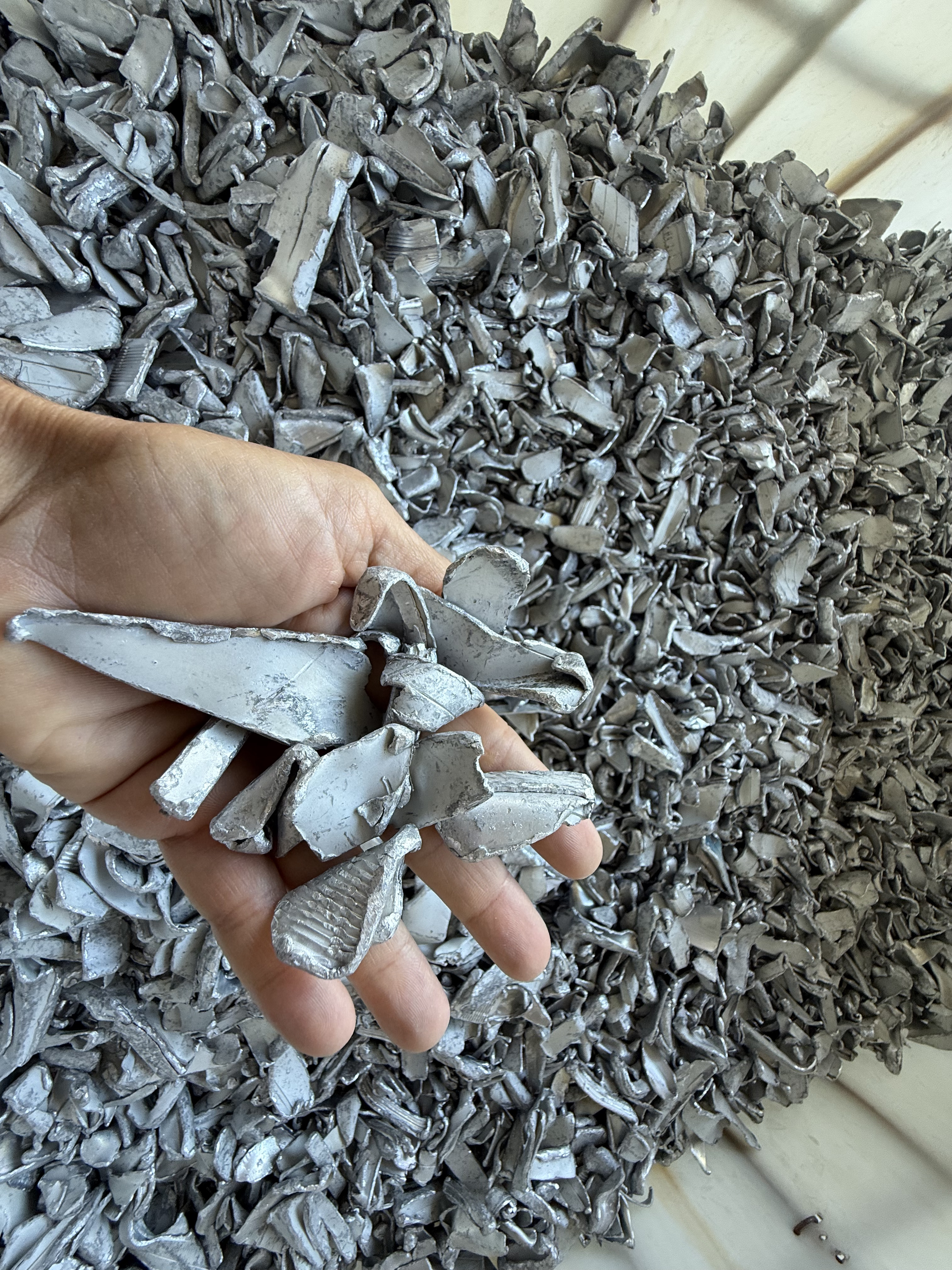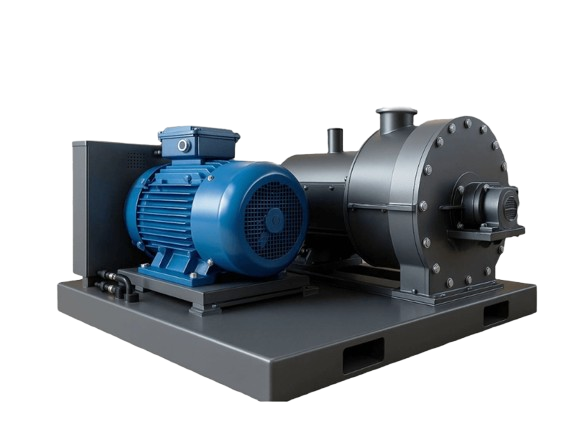We develop the best technologies for recycling materials to find innovative solutions for the energy and ecological transition
STOKKERMILL | SELTEK SRL © 2023 | P. Iva. IT02360630301 | Privacy | Terms
Stokkermill has never adopted the pressure cylinder-based photovoltaic panel delamination system. This solution involves high operating costs and limited efficiency. Instead, the company has chosen to develop more reliable, faster, and more efficient automatic solutions that guarantee higher yields and high-quality output materials.
The most modern automatic delamination systems designed and built by Stokkermill ensure:
• high production capacity
• reduced personnel requirements
• better quality of recovered materials, with yield values very close to 100% by weight

oven-ready prolerOne of the most significant aspects of the process is the recovery of the aluminum frame, which comes in the form of proler with a size of 40–70 mm, extremely clean and free of contaminants. This feature allows the aluminum to be sent directly to the foundry without further treatment, significantly increasing the commercial value of the fraction.
The other fractions are also of high quality:
• the glass is refined and can be placed on the usual marketing channels
• the fraction containing silicon and silver is particularly concentrated, with low levels of impurities, facilitating its subsequent recovery.
Stokkermill systems for recycling photovoltaic panels can process at least 1,500 kg/h with only two operators dedicated to managing the line and materials. Thanks to their modular structure, production capacity can be easily scaled up to over 5 t/h, ensuring maximum flexibility according to operational requirements. One of the distinctive features of Stokkermill solutions is the ability to operate in a continuous 24/7 cycle, with controlled wear and tear and extremely reduced and simplified maintenance times.

Stokkermill has been able to envision solutions that differ from what the market was offering, opening up a significant technological gap. This result was made possible by the company's ability to design and build innovative solutions in line with the real needs of the recycling industry.
A concrete example is the Stokkermill automatic plant, which does not require the preliminary removal of the aluminum frame: the panels can be processed whole, reducing operating times and costs and improving the overall efficiency of the process. This vision led to the creation of the XSC and XRS series of grinders, machines specifically designed for recycling solar panels.
These lines are capable of managing the consumption generated by abrasion and effectively delaminating the EVA fraction, removing silicon dust and ensuring a cleaner and more efficient process. It should not be forgotten that Stokkermill is a manufacturer with over 30 years of experience, which has always produced reliable and high-performance solutions for the industrial recycling sector.
Thanks to this combination of reliability, efficiency, and quality of recovered fractions, Stokkermill plants are confirmed as one of the most advanced technologies available for the treatment of end-of-life solar panels. An industrial and sustainable approach that transforms an emerging problem into a concrete economic and environmental opportunity.